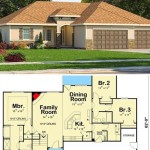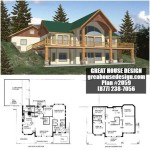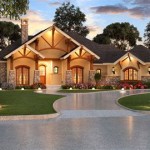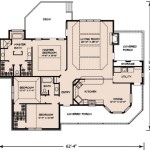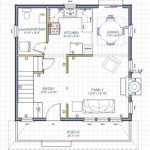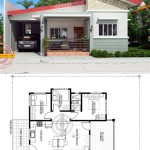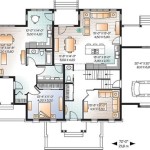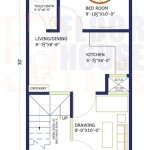Energy Efficient House Plans Designs
In today's eco-conscious world, energy efficiency has become a paramount concern for homeowners. Building a new house provides an excellent opportunity to incorporate sustainable features and design strategies that can significantly reduce energy consumption and save money on utility bills.
Energy efficient house plans are designed to maximize natural resources and minimize the reliance on conventional energy sources. By integrating innovative technologies and eco-friendly practices, these plans create homes that are comfortable, affordable, and environmentally responsible.
Benefits of Energy Efficient House Plans
- Reduced energy costs: Energy efficient homes consume less energy, resulting in lower utility bills and savings over time.
- Increased comfort: Proper insulation and air sealing maintain a consistent and comfortable indoor temperature, regardless of outside conditions.
- Improved air quality: Energy efficient designs prioritize ventilation, reducing air pollutants and creating a healthier living environment.
- Environmental sustainability: By reducing energy consumption, energy efficient homes contribute to a cleaner and more sustainable future.
- Increased resale value: Energy efficient homes are highly sought after by potential buyers, increasing their resale value.
Features of Energy Efficient House Plans
- Energy Star certification: Look for house plans that meet Energy Star guidelines, ensuring high levels of energy efficiency.
- Proper insulation: Adequate insulation in walls, ceilings, and floors prevents heat loss in winter and heat gain in summer.
- Air sealing: Sealing air leaks around windows, doors, and other openings prevents drafts and reduces energy loss.
- Efficient windows: Energy efficient windows feature low-emissivity (Low-E) coatings that reflect heat in summer and retain it in winter.
- Solar orientation: Orienting the house to maximize natural sunlight reduces the need for artificial lighting and heating.
- Energy-efficient appliances: Installing Energy Star-rated appliances reduces energy consumption and saves money.
- Renewable energy systems: Integrating solar panels, geothermal heat pumps, or wind turbines can further reduce energy dependence.
Choosing an Energy Efficient House Plan
When selecting an energy efficient house plan, consider the following factors:
- Climate: Choose a plan that is suitable for the local climate, ensuring optimal energy efficiency.
- Lifestyle: Select a plan that accommodates your lifestyle and energy consumption patterns.
- Budget: Determine the budget for energy efficient features and prioritize those that offer the best return on investment.
- Builder: Choose an experienced builder who specializes in energy efficient construction.
- Certifications: Seek plans that meet industry-recognized certifications, such as Energy Star or LEED.
Conclusion
Energy efficient house plans offer numerous benefits, including reduced energy costs, increased comfort, and environmental sustainability. By incorporating sustainable design strategies and innovative technologies, these plans create homes that are not only energy-wise but also comfortable, healthy, and aesthetically pleasing. By choosing an energy efficient house plan, you can build a home that meets the needs of today and the aspirations of tomorrow.
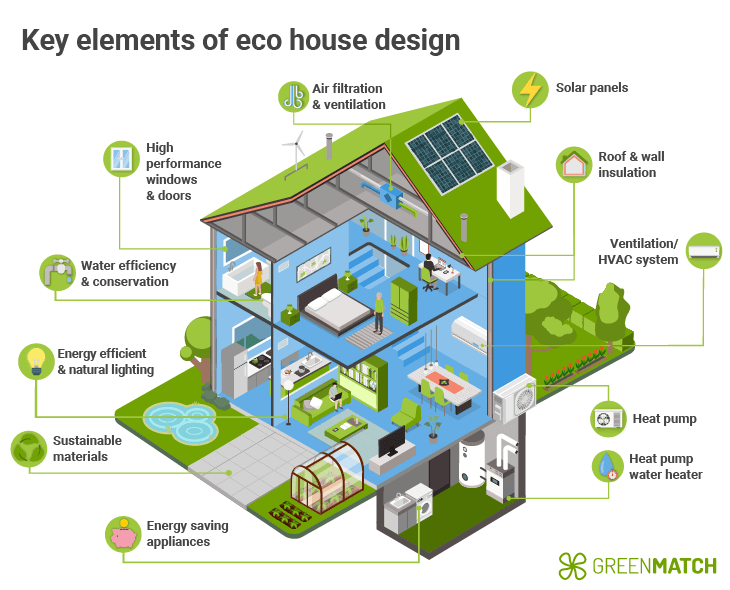
Eco Design Energy Efficient Homes Greenmatch Co

Energy Efficient Home Design Plans Cad Pro

Energy Efficient House Design

Energy Efficient Home Things To Consider Perry Homes

How To Build An Energy Efficient Home

Energy Efficient Home Design What S Involved

Energy Efficient Home

Energy Efficient Home Design Strategies For Diffe Climates

Home For Life Inhabitat Green Design Innovation Architecture Building

Energy Efficient House Plans Developed By The Architects

